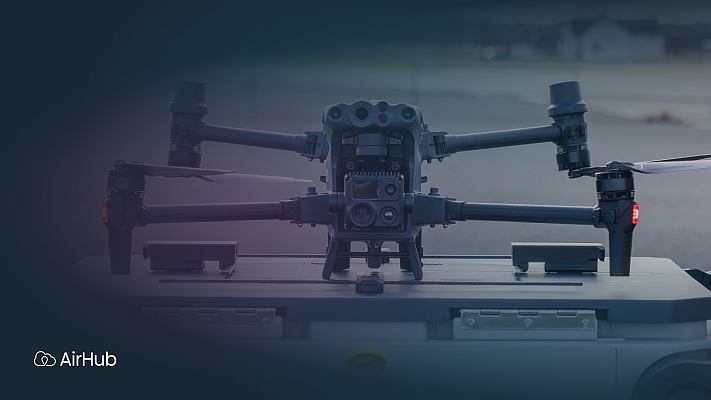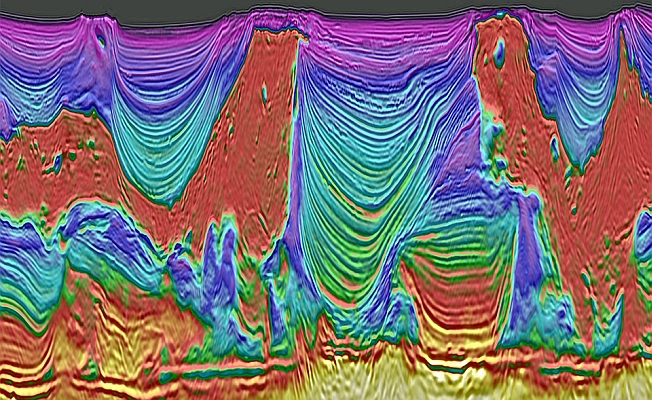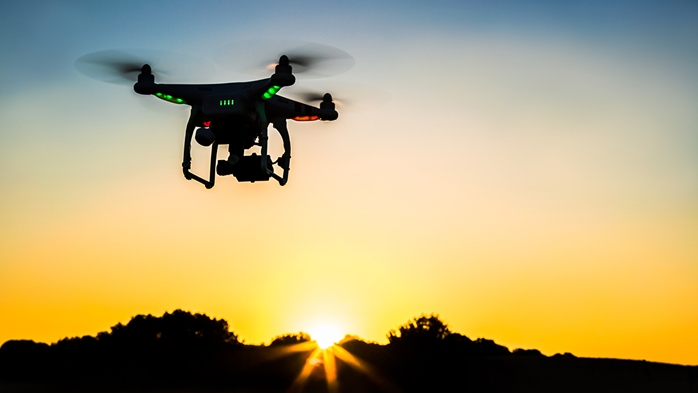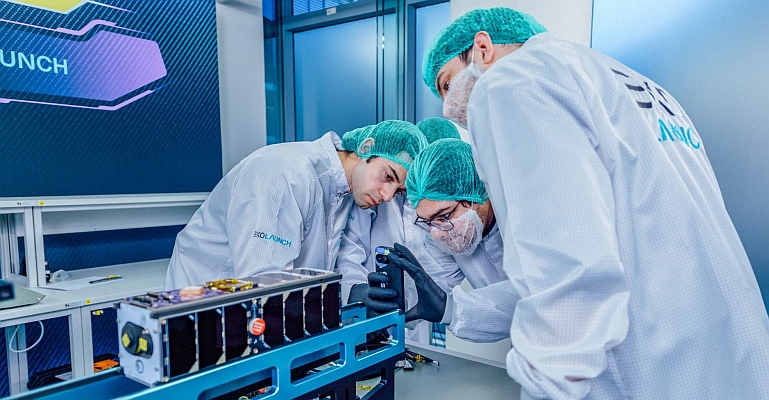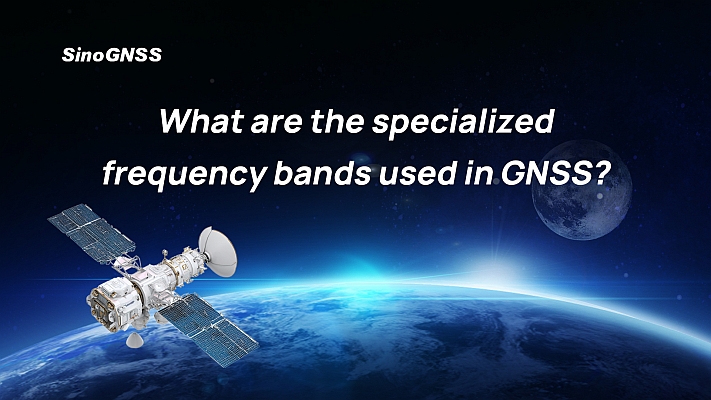The European Space Agency and Thales Alenia Space signed a €305 million contract to provide the first Sentinel-3 earth observation satellite, devoted to oceanography and land-vegetation monitoring, as part of the European GMES programme. As prime contractor, Thales Alenia Space is responsible for the satellite’s design, development and integration.
The contract was signed in Paris by Volker Liebig, ESA Director of Earth Observation, and Pascale Sourisse, President and CEO of Thales Alenia Space, in the presence of Jean-Jacques Dordain, ESA Director General, officials from the European Commission, the French Ministry of Research and Higher Education and Dominique Bussereau, French Secretary of State for Transport at the Ecology, Energy, Sustainable Development & Land Management Ministry.
Global Monitoring for Environment and Security (GMES) aims at delivering environment and security monitoring services and is being led by the European Commission. It is Europe’s response to the ever-increasing demands of effective environmental policies and is at the same time the European contribution to the Global Earth Observation System of Systems (GEOSS).
 Sentinel-3 will provide crucial data for information services to the European Union and its Member States as part of GMES. The services to be fed data cover areas such as climate change, sustainable development, environmental policies, European civil protection, development aid, humanitarian aid and the European Common Foreign & Security Policy.
Sentinel-3 will provide crucial data for information services to the European Union and its Member States as part of GMES. The services to be fed data cover areas such as climate change, sustainable development, environmental policies, European civil protection, development aid, humanitarian aid and the European Common Foreign & Security Policy.
The Sentinel-3 mission will produce a consistent, long-term set of remotely-sensed marine and land data for (operational) ocean state analysis, forecasting and service provision. A comprehensive measurement system facilitating global ocean and land observation is required in order to provide data for advanced numerical forecasting models.
Sentinel-3 will determine parameters such as sea surface topography, sea/land surface temperature, ocean colour and land colour with high-end accuracy and reliability. For this purpose, it carries an advanced radar altimeter and a multi-channel optical imaging instrument.
To achieve near-global coverage and meet all scientific requirements, Sentinel-3 will be placed in a high-inclination, sun-synchronous polar orbit. Near-realtime data processing and delivery will allow operational services to continuously profit from the mission.
ESA carried out the Sentinel-3 definition phase in 2005/6, drawing on an industrial consortium led by Thales Alenia Space. The implementation phase started in autumn 2007 and the launch of the first Sentinel-3 satellite is planned for 2012.
Image: ESA


